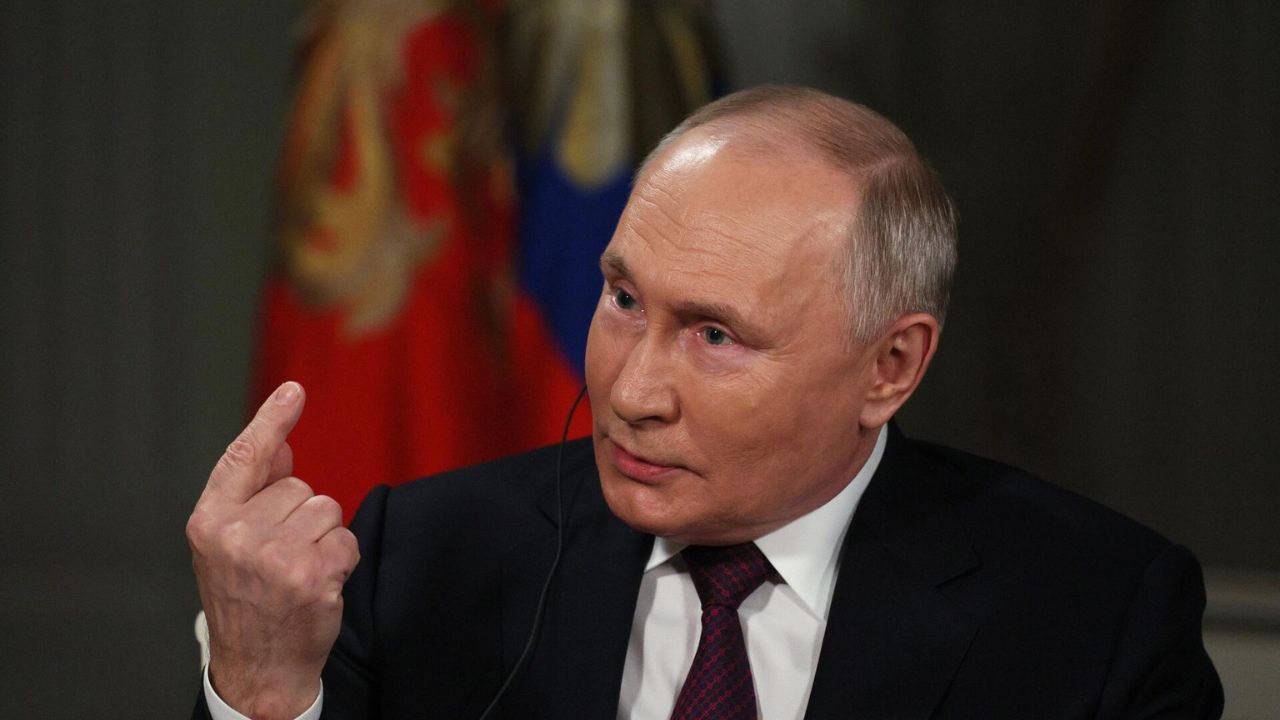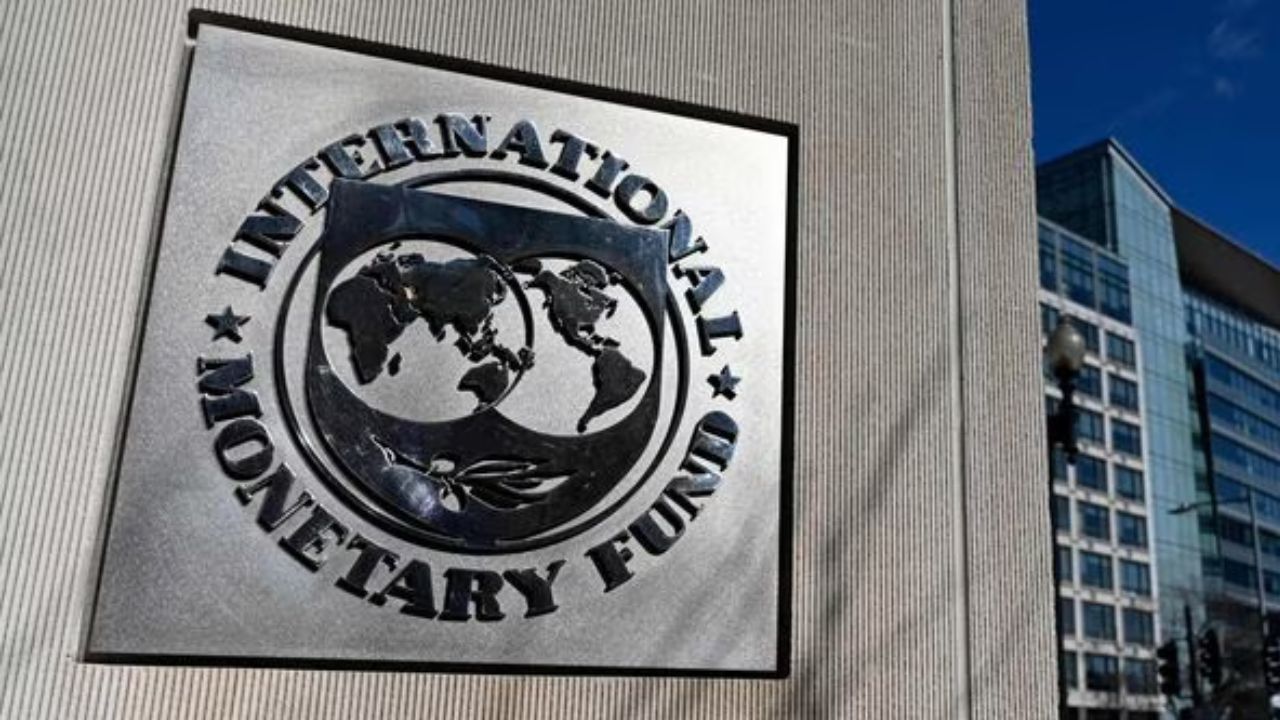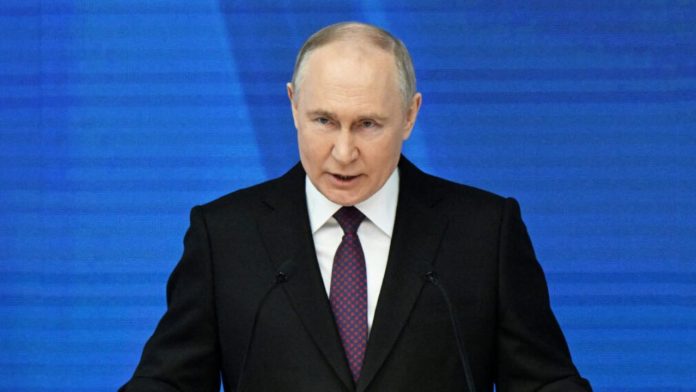Russians are grappling with a transformed economic landscape as they witness significant shifts in the availability and pricing of everyday staples.
Imported goods, such as fruit, coffee, and olive oil, have seen sharp increases in prices, and the disappearance of many global brands has paved the way for Russian equivalents, now operating under Kremlin-friendly ownership.
Amidst this economic transformation, Chinese cars have become a more common sight on Russian streets, signalling a shift in the automotive market.
Additionally, consumers seeking specific luxury cosmetics may find themselves facing shortages, further reflecting the impact of sanctions on the retail sector.
Stability Amidst Sanctions: A Key Asset for Putin
Despite the upheaval caused by sweeping sanctions, a sense of stability prevails for most Russians, more than two years after President Vladimir Putin deployed troops into Ukraine.

This economic stability is poised to serve as a crucial asset for Putin as he navigates the upcoming presidential election, seeking a fifth consecutive term.
The sanctions, which severed significant trade ties with Europe, the U.S., and their allies, have not drastically altered the economic landscape for the majority of the population.
Economic Indicators Amidst Sanctions
While inflation is higher than the central bank’s goal of 4 per cent, standing at over 7 per cent, the economic picture remains relatively stable. Unemployment rates are low, contributing to a sense of economic security.
The International Monetary Fund forecasts a 2.6 per cent growth in the Russian economy for the current year, doubling the initial prediction and significantly surpassing the anticipated 0.9 per cent expansion in Europe.

These economic indicators underscore the resilience of the Russian economy in the face of international sanctions.
Consumer Perspectives and Adaptations
Andrei Fedotov, a 55-year-old resident, expressed a sense of stability despite acknowledging global challenges.
He noted, “There are difficulties, of course, they’re connected with the general situation in the world… but I believe we’ll overcome them.” Fedotov, like many, grapples with the impact of inflation, stating, “Higher prices bother me, of course, like any consumer, I see them going up.”
Irina Novikova, a 39-year-old brand manager, echoed similar sentiments, noting the emergence of more domestic and agricultural products.
While acknowledging the disappearance of some goods and the rise in prices, she encourages consumers to explore Russian alternatives.
